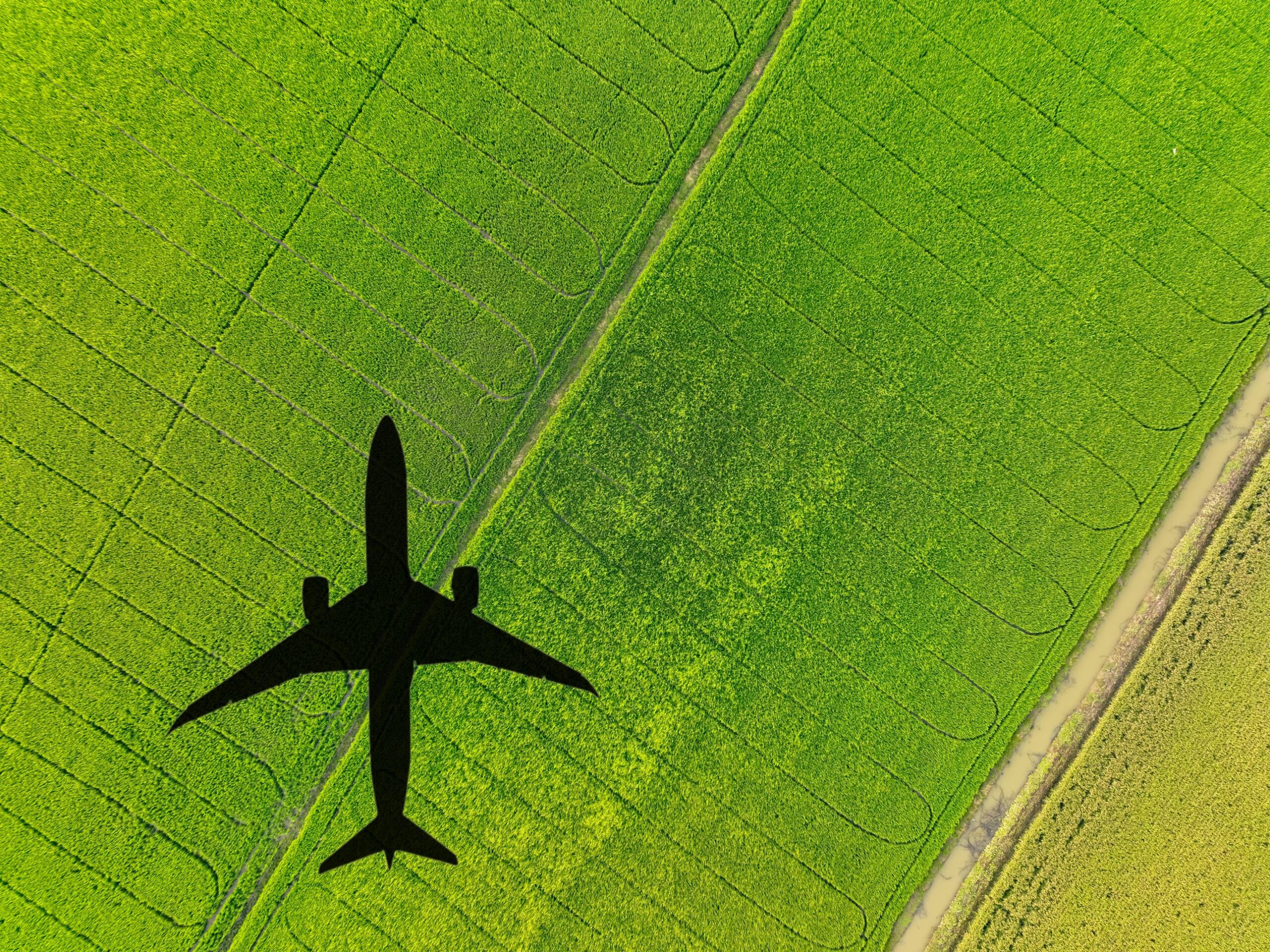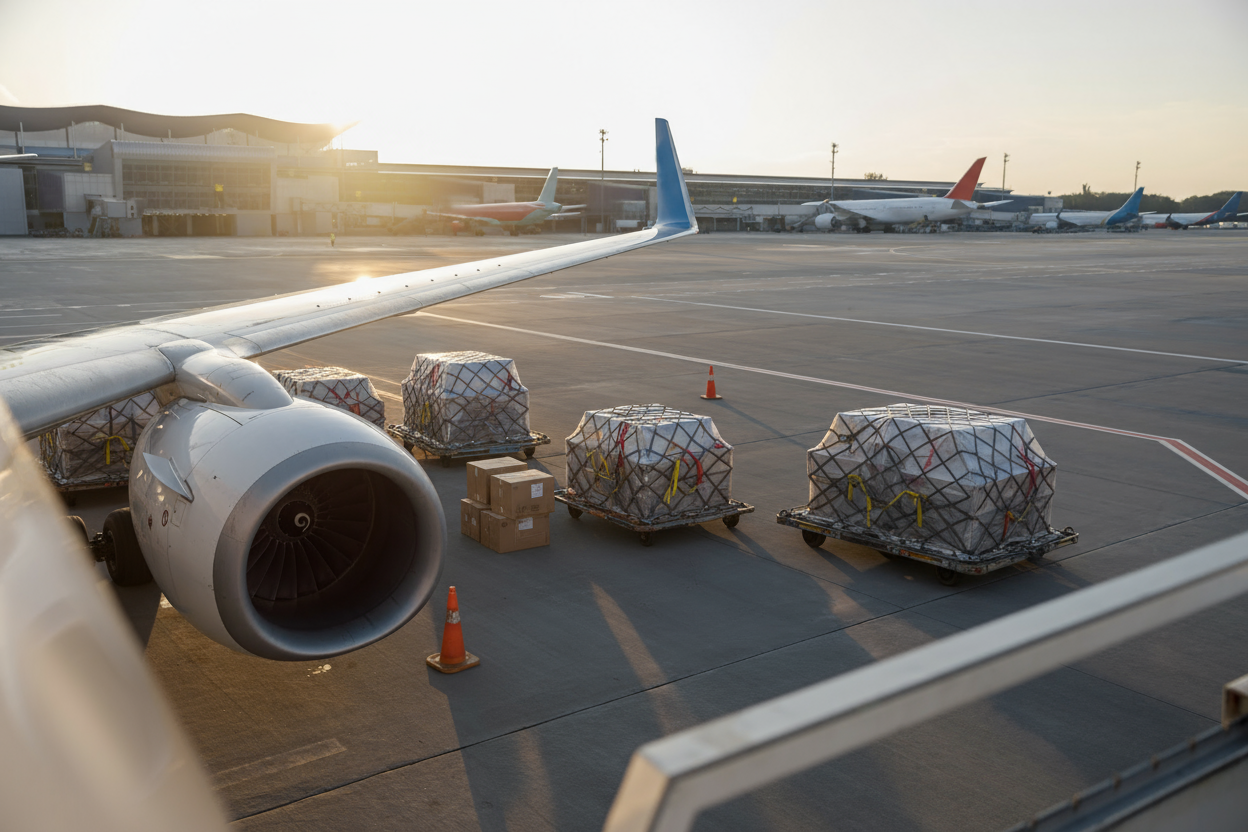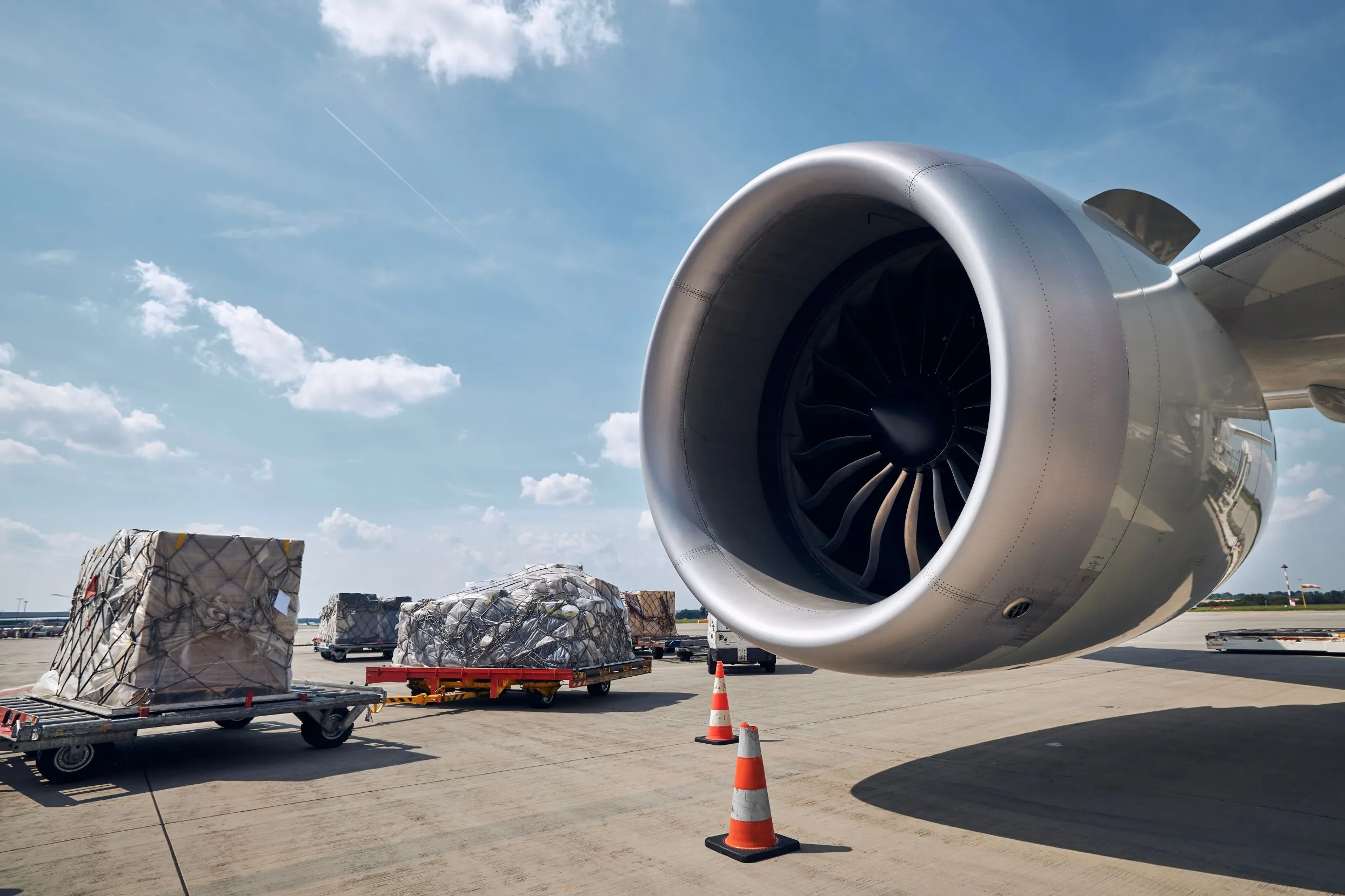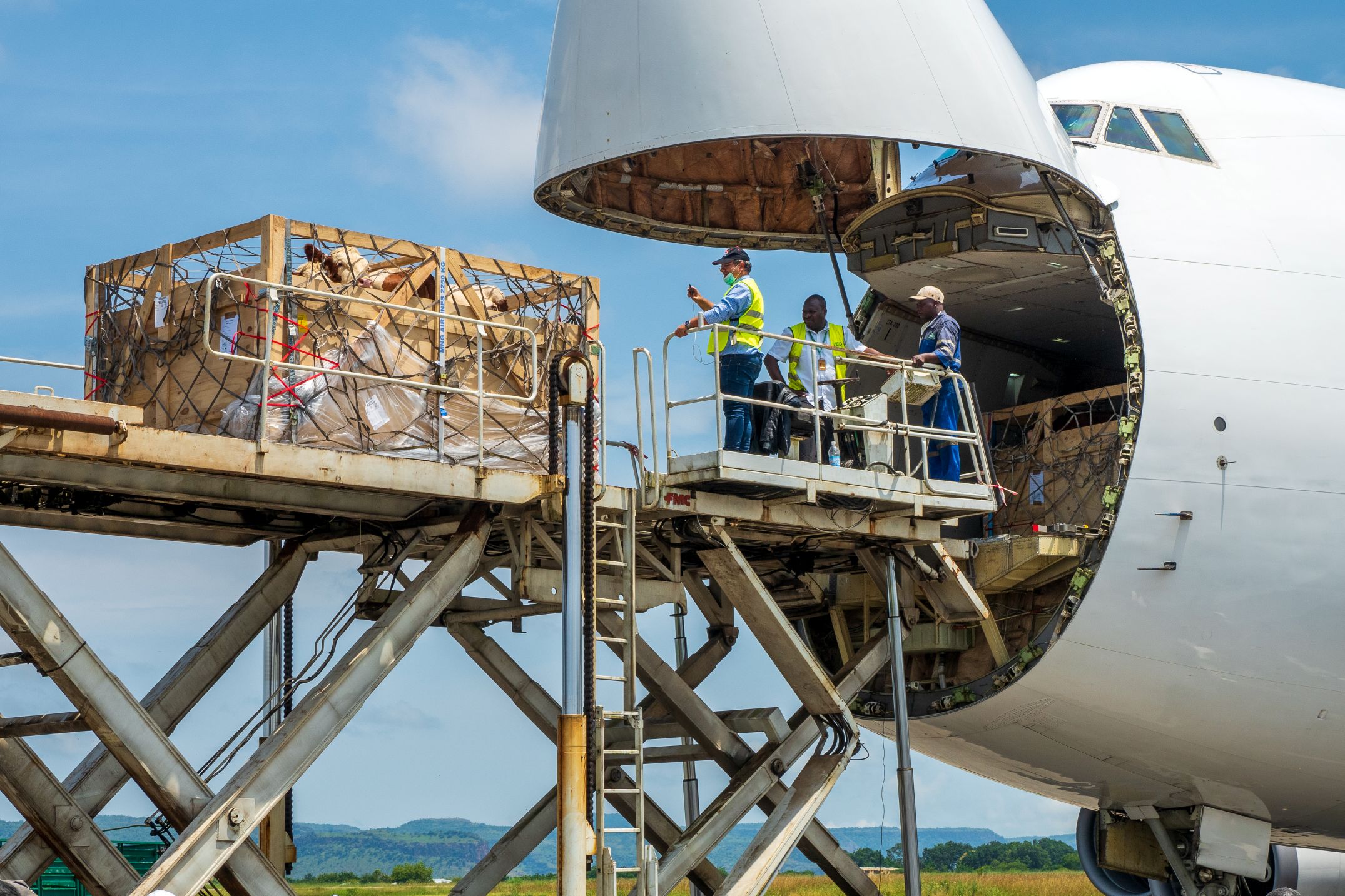The global aviation sector is undergoing a green revolution, reshaping the way General Sales and Service Agents (GSSAs) operate. Sustainability is no longer just a moral responsibility—it’s a business imperative. Green aviation initiatives are driving changes across the entire aviation ecosystem, and GSSAs are emerging as key players in this transformation.
From optimizing cargo logistics to supporting airlines in meeting carbon-neutral goals, GSSAs are positioned to lead the charge toward greener skies. This blog dives into how these eco-conscious developments are revolutionizing the GSSA industry and explores actionable ways GSSAs can future-proof their operations while contributing to a sustainable future through green aviation.
What Is Green Aviation?
Green aviation refers to the implementation of eco-friendly technologies, policies, and practices to minimize the carbon footprint of the aviation industry. It encompasses a range of strategies, including improving aircraft fuel efficiency, adopting renewable energy sources, and rethinking airport and cargo operations.
Key technologies driving green aviation include sustainable aviation fuels (SAFs), carbon capture systems, and electric aircraft. These mechanisms aim to reduce environmental impacts while enhancing economic sustainability. For GSSAs, this movement creates opportunities to adapt business models, align with client priorities, and establish leadership in sustainability practices.
Learn more about sustainable aviation fuels (SAFs) here.
The Role of GSSAs in Green Aviation
GSSAs provide a vital bridge between airlines and their customers, encompassing everything from cargo management to ticket sales. Given their pivotal role in the logistics chain, GSSAs play a significant role in promoting green aviation initiatives and driving sustainable practices within the industry.
Partnering for Sustainability
Airlines are under immense pressure to reduce emissions, with numerous governments and regulatory bodies adopting Net Zero goals. For GSSAs, partnering with airlines to meet these green targets is not only a competitive advantage but also a necessity to maintain relevance in a changing market.
For instance, GSSAs can recommend fuel-efficient routes, support cargo consolidation practices to reduce unnecessary flights, and guide clients toward sustainable shipping solutions. Companies like Lufthansa Cargo have already begun optimizing their cargo operations to cut down emissions, exemplifying how partnerships between airlines and logistics providers can drive sustainability.
Explore Lufthansa Cargo’s sustainability efforts here.
Encouraging Sustainable Cargo Solutions
Sustainability in cargo logistics starts with consolidating loads and reducing empty space in shipments. GSSAs play a central role in promoting practices such as:
- Consolidated shipments to maximize space efficiency.
- Eco-friendly packaging to reduce waste.
- Encouraging a modal shift for shipments that can be moved by surface transport instead of air.
Additionally, GSSAs can leverage technological innovations such as AI-driven cargo planning, which predicts demand and schedules flights to minimize empty cargo space.
Discover how AI optimizes global cargo logistics.
Supporting Carbon Offsetting
GSSAs are uniquely positioned to implement carbon offset programs for clients, offering a transparent way to mitigate environmental impacts and support green aviation initiatives. This involves calculating emissions for air freight and giving customers options to offset the carbon through investments in reforestation or renewable energy projects.
One of the most notable examples in this area is programs led by organizations like Carbonfund.org, which offer tailor-made carbon offset packages for businesses. GSSAs can actively promote and integrate such initiatives into their offerings.
Find out more about corporate carbon offsetting programs.
Technology’s Role in the Green Transformation
The digitalization of GSSA operations complements the push toward sustainability. Advanced technology solutions can reduce both operational inefficiencies and environmental impact. Here are some notable developments:
Predictive Analytics
By harnessing the power of predictive analytics, GSSAs can make informed decisions about flight schedules, cargo demand, and fuel consumption. This results in fewer empty flights, reduced fuel consumption, and optimized revenue streams.
Digital Documentation
Adopting paperless documentation via platforms like Cargo XML not only streamlines operations but also cuts down on waste. Many GSSAs are now transitioning to fully digital workflows as part of their commitment to greener practices.
IoT-Powered Cargo Monitoring
Internet of Things (IoT) devices enable real-time monitoring of cargo conditions, including temperature and fuel usage. These tools ensure that perishable goods are transported efficiently, reducing waste and enhancing supply chain sustainability.
AI-Driven Route Optimization
Artificial intelligence can analyze weather patterns, air traffic, and fuel consumption to propose optimal routes. This technology plays a vital role in green aviation by significantly reducing unnecessary fuel burn and improving on-time delivery performance.
By integrating these technologies into their operations, GSSAs can establish themselves as proactive, environmentally responsible players in the aviation sector.
Learn how IoT is transforming aviation.
Policy and Regulatory Transformations Impacting GSSAs
Governments and international organizations are implementing new environmental standards that directly affect GSSAs. The International Air Transport Association (IATA) has established ambitious sustainability goals under its “Fly Net Zero by 2050” initiative. Similarly, the European Union has introduced policies promoting SAF usage and carbon trading schemes. Adapting to these regulations is critical.
Compliance also opens up new opportunities for market competitiveness. GSSAs that align with these policies can market their services as “eco-friendly,” catering to sustainability-conscious clients.
Example Policies to Watch:
- CORSIA (Carbon Offsetting and Reduction Scheme for International Aviation): Requires airlines and logistics providers to purchase carbon credits to neutralize emissions.
- Clean Fuel Standards: Encourage airlines and their logistics partners to adopt SAFs.
- Emission Reporting Mandates: Require detailed tracking and reporting of all logistics-related emissions.
Such standards provide GSSAs with a clear roadmap to create greener operations while staying ahead of regulatory requirements.
Stay updated on aviation environmental policies.
Benefits of Green Aviation for GSSAs
Transitioning to green aviation is not just a cost center; it delivers measurable benefits for GSSAs. These include:
- Enhanced Brand Reputation: Stakeholders and customers increasingly favor organizations with concrete sustainability efforts.
- Operational Efficiency: Many environmentally-friendly practices, such as route optimization, also lead to cost savings.
- Access to New Markets: Focusing on sustainability positions GSSAs to form partnerships with environmentally conscious airlines and businesses.
A sustainable focus also creates differentiation in a competitive industry, enabling GSSAs to set themselves apart through their commitment to eco-friendly operations.
Read more on sustainable logistics trends.
Challenges in Achieving Green Goals
While the opportunities are immense, transitioning to greener operations comes with challenges. Common hurdles for GSSAs include:
- Initial Investment Costs: Green technologies and SAF adoption require significant financial outlays.
- Resistance to Change: Some industry stakeholders may be slow to adopt new practices, hindering systemic progress.
- Limited Infrastructure: The availability of SAFs and electric transport hubs varies across the globe, creating an uneven playing field.
Strategic planning, partnerships, and government incentives can ease this transition. By addressing these challenges proactively, GSSAs can position themselves as pioneers in sustainable aviation.
Closing Thoughts
Green aviation is much more than a trend—it’s the future of flight. For GSSAs, adapting to this new reality can deliver operational efficiencies, regulatory compliance, and environmental benefits. By championing sustainable practices like cargo consolidation, digital workflows, and partnerships with eco-focused airlines, GSSAs are poised to lead the aviation industry into a cleaner, greener future.
To thrive in a world demanding environmental accountability, GSSAs must prioritize strategies that marry economic performance with sustainability. The time to accelerate these efforts is now.





